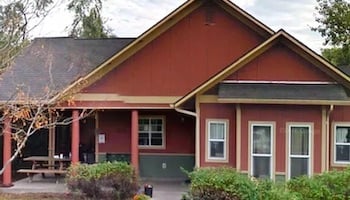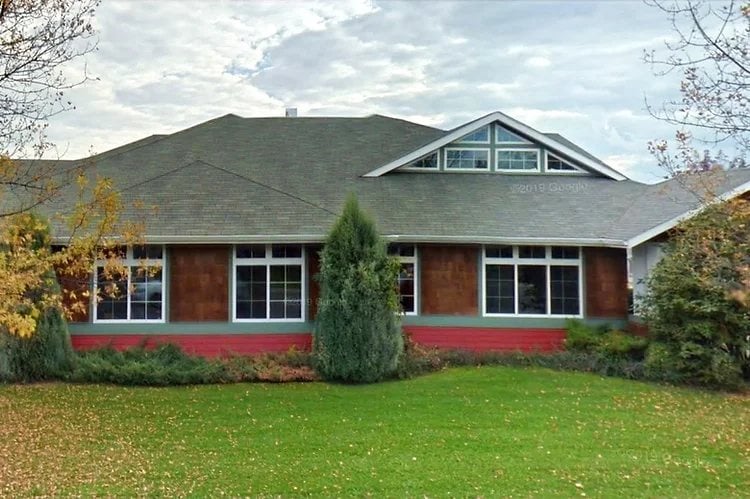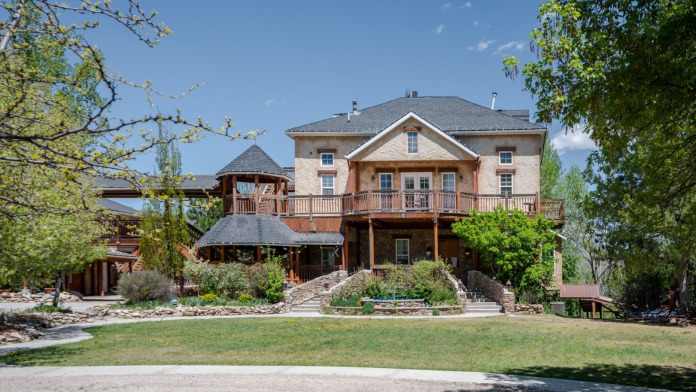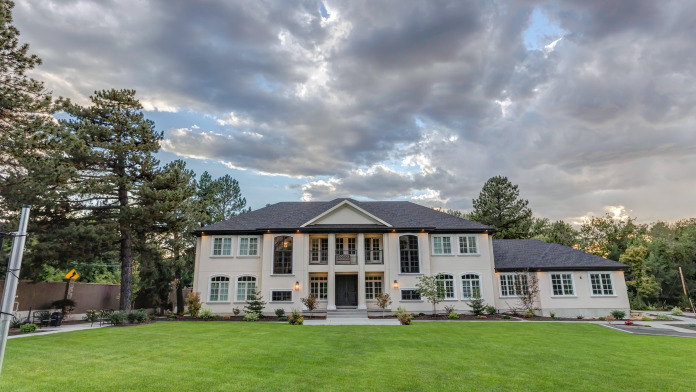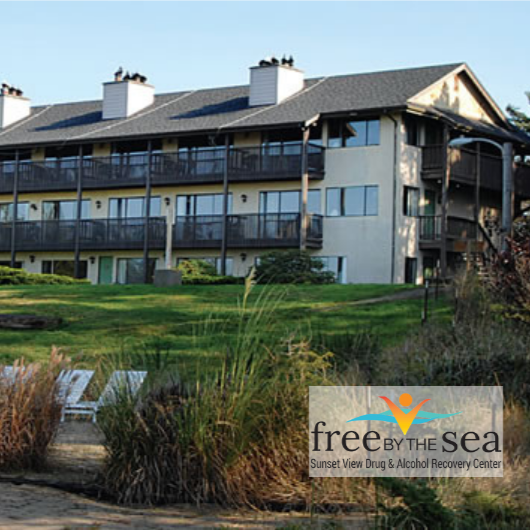This place says the Marijuana is not an addiction. I was a patient for ADHD meds and I was away for a couple of years. I got back in touch with them and after doing the interview to re-establish my therapy, they emailed and sent me a letter stating that they would not prescr ...
About Cedar Creek Integrated Health
The treatment at this outpatient rehab is mostly based on group therapy and individual counseling. They use evidence based techniques to help you work through your addiction and start on the path of recovery.
While all their services are outpatient this doesn’t mean everyone gets a one size fits all program. The team can put together a treatment plan for you which could include a more intensive outpatient treatment schedule. This could be the ideal choice for people who might be in the early and less stable stages of recovery or who need some extra support.
This treatment center has programs outside of their traditional outpatient treatment as well. They have education programs including one called Prime for Life. This is a program that Montana may require for people who are convicted of DUI or misdemeanor drug charges or underage drinking. If that’s the case, they can provide the class and documentation you need for your case.
Beyond this, they offer case management services. These services can help you with the transition into and out of treatment and connect you with other resources you might need for your recovery.
One thing that stood out to me about this rehab is that they have recovery coaches who are trained to help people with addiction but are also in recovery themselves. You get the support of not only their professional knowledge but their lived experiences too so you’ll be led by someone who knows what you’re going through.
Latest Reviews
Rehab Score
Gallery
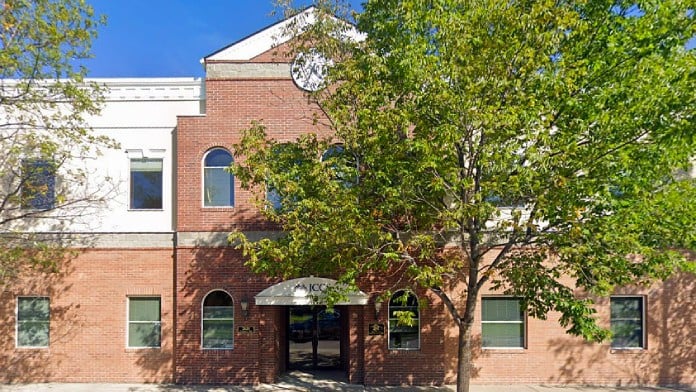

Other Forms of Payment
Self-pay involves paying for treatment out of your own pocket. You can use savings or credit, get a personal loan, or receive help from family and friends to fund your treatment. If you don't have insurance or your insurance plan doesn't cover a specific program, self-pay can help ensure you still get the care you need.
Private insurance refers to any kind of healthcare coverage that isn't from the state or federal government. This includes individual and family plans offered by an employer or purchased from the Insurance Marketplace. Every plan will have different requirements and out of pocket costs so be sure to get the full details before you start treatment.
Financial aid can take many forms. Centers may have grants or scholarships available to clients who meet eligibility requirements. Programs that receive SAMHSA grants may have financial aid available for those who need treatment as well. Grants and scholarships can help you pai for treatment without having to repay.
Medicaid is a state based program that helps lower-income individuals and families pay for healthcare. Medicaid covers addiction treatment so those enrolled can use their coverage to pay for rehab. When a program accepts Medicaid the client often pays very little or nothing out of their own pocket.
Medicare is a federal program that provides health insurance for those 65 and older. It also serves people under 65 with chronic and disabling health challenges. To use Medicare for addiction treatment you need to find a program that accepts Medicare and is in network with your plan. Out of pocket costs and preauthorization requirements vary, so always check with your provider.
Addiction Treatments
Levels of Care
Outpatient Programs (OP) are for those seeking mental rehab or drug rehab, but who also stay at home every night. The main difference between outpatient treatment (OP) and intensive outpatient treatment (IOP) lies in the amount of hours the patient spends at the facility. Most of the time an outpatient program is designed for someone who has completed an inpatient stay and is looking to continue their growth in recovery. Outpatient is not meant to be the starting point, it is commonly referred to as aftercare.
Programs
Adult rehab programs include therapies tailored to each client's specific needs, goals, and recovery progress. They are tailored to the specific challenges adult clients may face, including family and work pressures and commitments. From inpatient and residential treatment to various levels of outpatient services, there are many options available. Some facilities also help adults work through co-occurring conditions, like anxiety, that can accompany addiction.
Young adulthood can be an exciting, yet difficult, time of transition. Individuals in their late teens to mid-20s face unique stressors related to school, jobs, families, and social circles, which can lead to a rise in substance use. Rehab centers with dedicated young adult programs will include activities and amenities that cater to this age group, with an emphasis on specialized counseling, peer socialization, and ongoing aftercare.
Clinical Services
Part of drug and alcohol addiction treatment is the use of individual therapy to encourage a collaborative process between the therapist and the patient. This helps uncover the root causes of substance use and address the personal experiences and emotional struggles that may drive addictive behavior. Ultimately, patients gain insight and develop new coping skills to support recovery.
Contact Information
2620 Connery Way
Missoula, MT 59808
